
What was supposed to be a rainy month of May just became the hottest month of the decade so far with Dagupan, Pangasinan reaching an immense heat index of 51 degrees Celsius last May 12.
With unprecedented levels of temperature rise, the Intergovernmental Panel for Climate Change (IPCC) states that humans have warmed the climate at a rate that hasn’t been seen in the last 2000 years.
The report released last August 9 gave a detailed regional analysis of the impacts of climate change. It also showed that there has been an increase in temperature extremes across the globe.
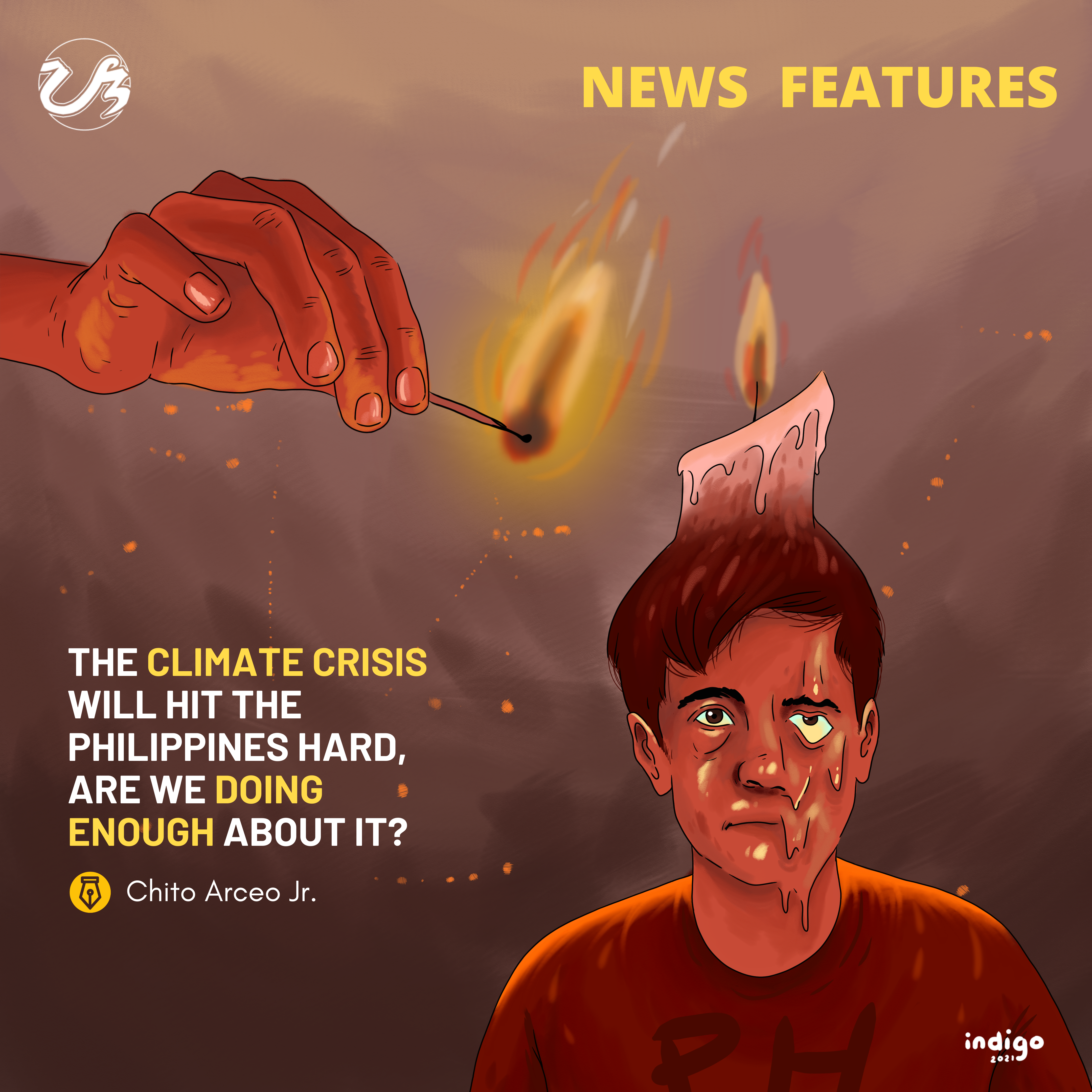

This is not good news for the Philippines, a country that has experienced some of the most severe effects of climate change. Heavier rainfall, more catastrophic weather events, sea level rise, longer droughts, and stronger typhoons — these are just some of the impacts that we are already facing. Simply put, we cannot afford to ignore the climate crisis more than ever.
While the adverse effects brought by human-induced climate change catches the world unprepared, it is the poor and marginalized that are in the forefront of this crisis. Climate change disproportionately affects the poor, as the dwindling resources and ruined livelihoods are even more amplified due to the lack of action taken to combat these effects.
We are experiencing the brunt of the climate crisis brought about by the emissions of the wealthiest nations. Our country only emits 0.4% of the world’s total carbon dioxide emissions, yet we are the third most vulnerable country to climate change. This injustice continues to affect the lives of millions of people. Thus, it is important to demand accountability from large-scale polluters such as China and the United States.
Last November 2020, the Philippines was hit by an onslaught of typhoons that destroyed homes and displaced families amid a raging pandemic. However, this may only be a taste of much worse things to come.
“We’re going to see more adverse impacts, we’re going to experience more extreme temperatures, we’re going to experience more heavy rainfall and flooding events. What does it mean for our economy? It is a lot,” climatologist Lourdes Tibig said in an interview with ABS-CBN News Channel.
But where do our leaders stand in this crisis? In his sixth and last State of the Nation Address, President Rodrigo Duterte did not highlight any plans and measures to ensure that the country can mitigate and adapt to the impacts of the climate crisis, leaving environmental organizations and climate activists dismayed.
Not only that, the administration is keen on undoing the progress we made to mitigate the climate crisis. Last April 14, he lifted the nine-year ban on granting new mining permits in the hopes of reviving the country’s economy during the pandemic. Alyansa Tigil Mina (ATM), a coalition of anti-mining groups, noted that “lifting the moratorium is exposing the administration’s support for mining projects that will impact our water, food supply, forest, biodiversity, Indigenous communities and fragile island ecosystems.”
Another instance is the Manila Bay rehabilitation effort when crushed dolomite was dumped on the shoreline for beautification purposes. This ‘clean up’ ignored the call of environmentalists for a safer approach to rehabilitation. Dolomite can cause lung damage when breathed in, and is also harmful for the ecosystem as it does not naturally occur in the bay.
Greenpeace country director Lea Guerrero emphasizes how big of a gap this is, stating that “all the other plans the president has laid out — for economic growth, for bettering Filipinos’ welfare — will inevitably happen against the backdrop of the growing climate emergency”.
Greenpeace also calls for President Duterte to transform his words into action: ensuring a transition to resilient and efficient food, energy, and transport systems; holding the big polluters accountable for climate impacts; upholding active citizen participation; and putting people at the core of local and national policymaking.
“Every second that national and world leaders fail to take the necessary steps to address the climate crisis, they are actively choosing to condemn my generation, and future generations, to what could be an unlivable planet,” said Youth Advocates for Climate Action Philippines (YACAP) education coordinator Jon Bonifacio. According to their statement, the science is “clear” and there is “no time to lose for climate action”.
Is there hope for a better future? Environmental groups say that the 1.5°C goal set by the Paris Agreement is still feasible. However, we only have until 2030 to attain this goal. We must cut emissions to net zero and step up our investments on green energy.
The burden is primarily on governments and the giant industries and corporations that contribute most to climate change to drastically reduce emissions now and start acting decisively on this crisis. Sustainable and inclusive measures are needed in order to take a step into the right direction.
The United Nations Climate Change Conference of the Parties (COP26) will be held at Glasgow, Scotland on November 1. This will be another opportunity for global leaders to discuss the next course of action regarding the climate crisis and commit fully to addressing it. The event is set to be the biggest global climate moment since the Paris Agreement last 2015.
What does this entail for the poor and the marginalized? The late DENR Secretary Gina Lopez said that it is the poor that suffers when people kill the environment. Thus, urgent climate action is needed in order to improve the lives of everyone, especially the most vulnerable.
“We do not need to give up economic growth —- from clean energy, to sustainable transportation, to all facets of life. We need to have the courage to change the way we do things. We cannot and must not build an economy based on suffering,” Lopez said during a climate change summit in Morocco last 2016.
As more people speak up, more people are being silenced. According to the London-based environmental watchdog Global Witness, the Philippines is the second deadliest country in the world for environmental defenders with 43 killings in 2019. This is intensified with the passing of the Anti-Terrorism Act of 2020, which is being used to intimidate and silence dissenting voices.
The IPCC report just repeated what we already know — it is “unequivocal” that we humans have caused the climate crisis; we have the responsibility to solve this problem. However, it must be emphasized that those emitting the most also have the most work to do. Climate justice and social justice are inseparable.
We are running out of time. In 2050, cities like Navotas and Manila will be permanently flooded by the rising sea levels. We will be experiencing the hottest summers and the strongest typhoons for years to come. The amount of climate-related deaths will rise in the near future. Our lives should not be the payment for the damage caused by a handful of institutions.
What’s worse is that the government is not treating this issue as it is — a crisis. This administration’s sustainability plans are still not being turned into action. The lack of evidence-based policies is extremely alarming, with no concrete projects to adapt to and mitigate the climate crisis.
With the government’s misplaced priorities such as the Manila Bay clean up, our taxes are being wasted on expendable matters. This is unacceptable and we should not be settling for less.
We need to feel the urgency of climate action to combat these effects on a national level. We should continue to fight for our environmental defenders. We should continue to speak up about the issues we face! There is much that needs to be done, and we can only achieve this through collective action.
The climate crisis is upon us, and we do not want to be its next victims.


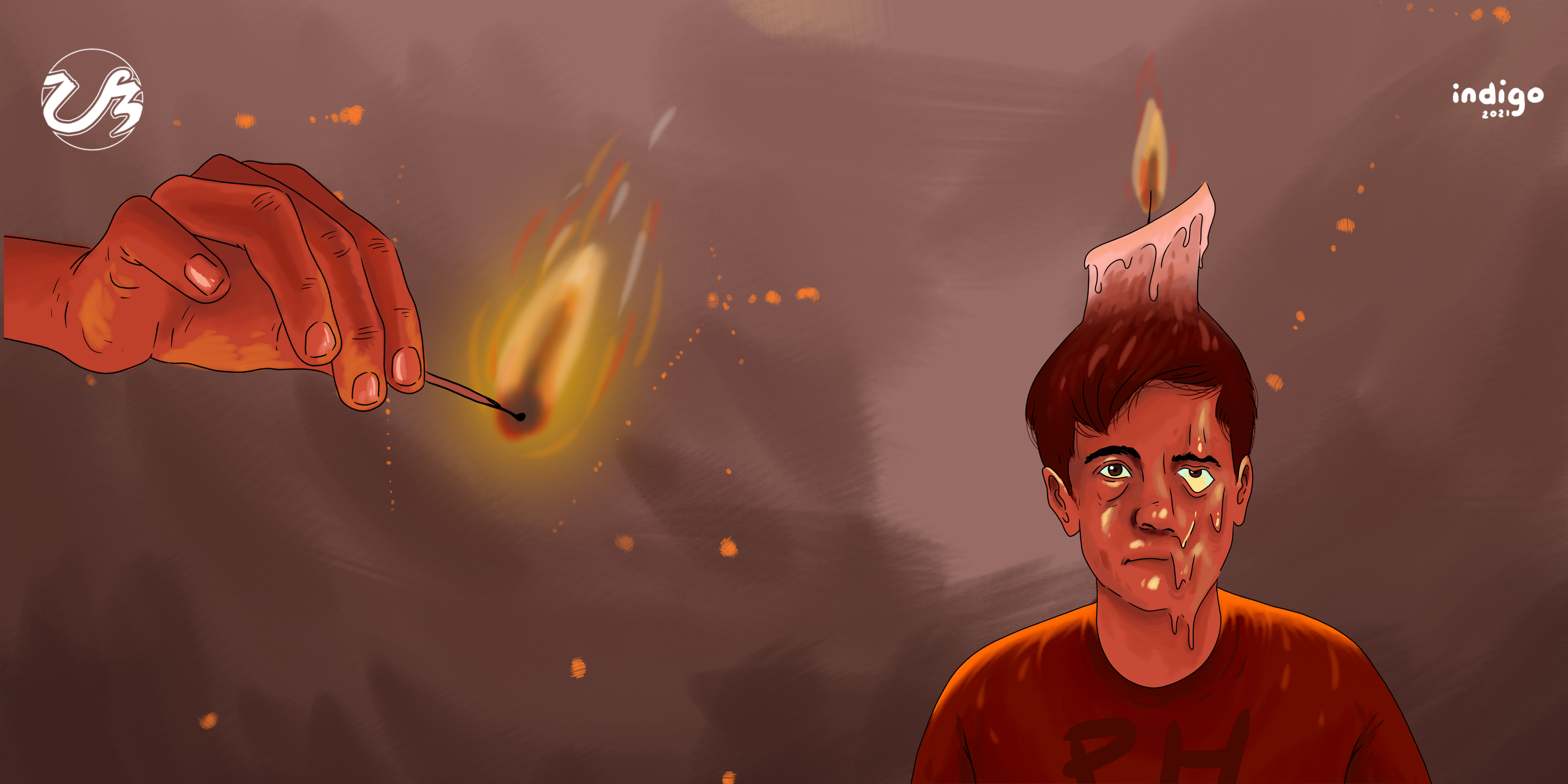
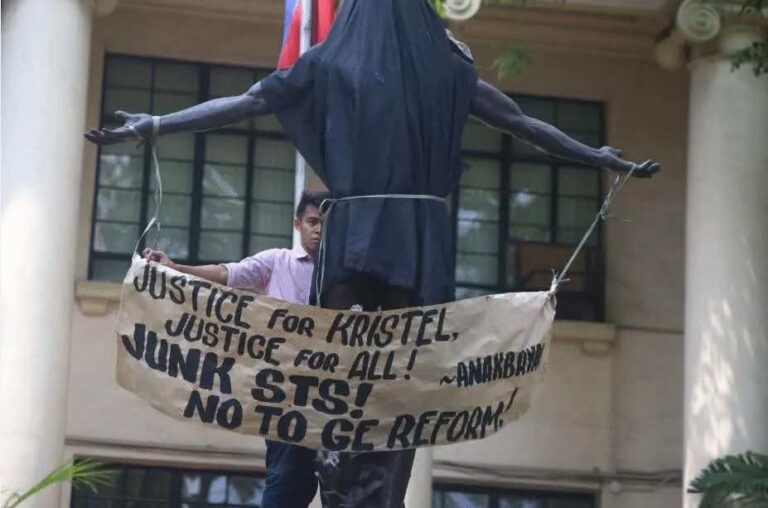

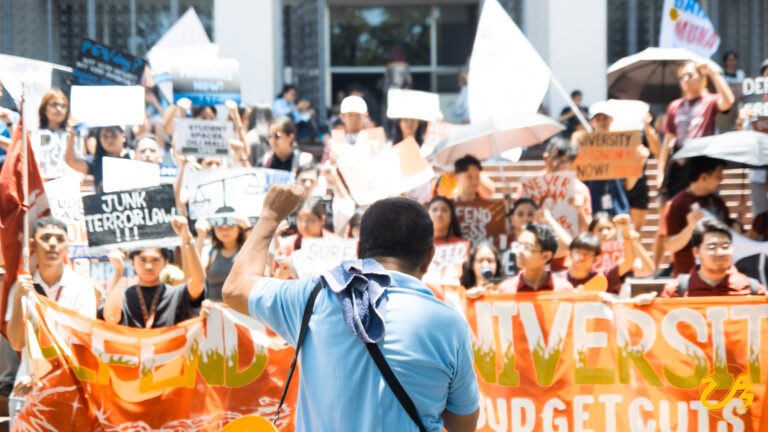

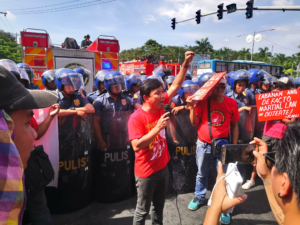
Thank you for your articles. http://www.kayswell.com They are very helpful to me. Can you help me with something?